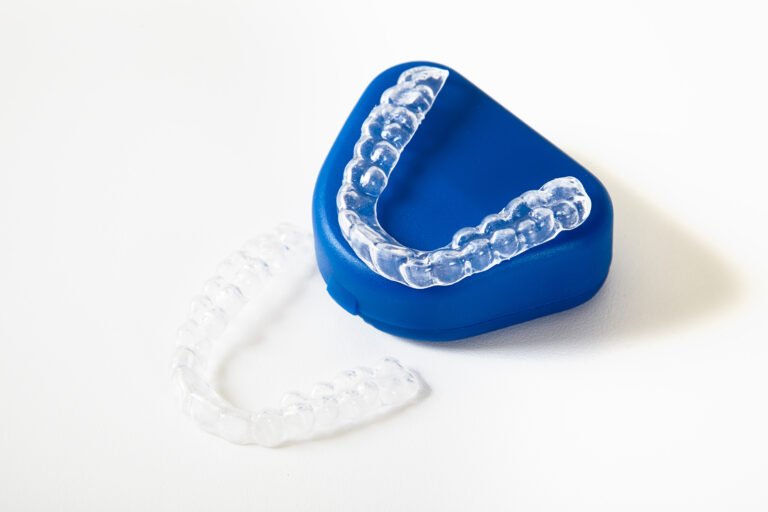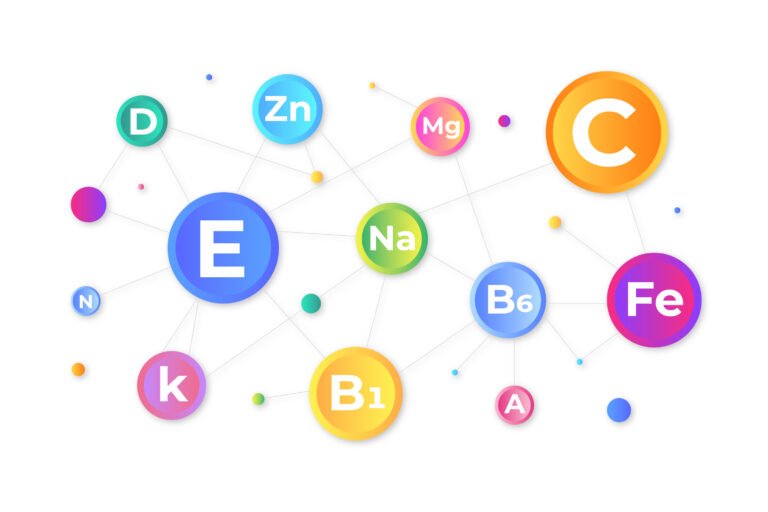Pregnancy is a time of great change in a woman’s body, and oral health is no exception. While it may not be the first thing on your mind, your dental health is critical for a healthy pregnancy for both you and your baby. Hormonal changes during pregnancy can cause chemical imbalances throughout your body, leading to changes in vitamin and mineral levels.
Why Dental Health Matters During Pregnancy?
Pregnancy brings many changes to the body—including your mouth. Hormonal shifts can affect your gums and teeth, increasing the risk of dental problems. Maintaining good oral hygiene is not just important for your health, but also for your baby’s.
How Does Pregnancy Affect Your Dental Health?
Pregnancy hormones—especially progesterone and estrogen—can alter how your body responds to plaque, making your gums more prone to inflammation and bleeding. This condition is known as pregnancy gingivitis and can develop as early as the second month of pregnancy.
Pregnancy also causes changes in the soft tissue around the gums due to changes in saliva composition, which can lead to the progression of gingivitis and an increased risk of tooth decay. Severe gum disease, or periodontitis, also increases in severity during pregnancy. Periodontitis in women is linked to premature birth and low birth weight, with studies showing that approximately 18% of premature births can be associated with periodontal disease.
Therefore, it is crucial to maintain good oral health throughout gestation and inform your dentist of your pregnancy, so they can adjust your treatment accordingly.
What Are Signs and Symptoms of Dental Problems During Pregnancy?
Be aware of these common symptoms:
- Red, swollen, or bleeding gums
- Toothaches or increased sensitivity
- Bad breath that doesn’t go away
- Loose teeth (in rare cases)
- Small lumps on the gums (called “pregnancy tumors”)—they are benign and usually disappear after childbirth
If you notice any of these signs, it’s important to consult your dentist.
DOES PREGNANCY CAUSE TOOTH DECAY?
Changes in saliva composition during pregnancy can make your teeth more susceptible to decay and may cause enamel erosion. Fortunately, with good oral hygiene, this chemical change should not cause significant damage to your teeth.
However, the biggest risk of decay during pregnancy is acidic deposits from vomit. Many pregnant women experience morning sickness and vomit frequently, sometimes multiple times a day. Vomit contains high levels of acid, which can lead to significant enamel damage and a more permanent risk of decay.
After vomiting, wait ten to fifteen minutes before brushing your teeth. Swishing some water around gently right after you vomit and waiting a few minutes before brushing ensures that the acid-weakened enamel does not get further damaged by rough brushing.
Adding a fluoride mouthwash to your oral hygiene routine can help strengthen your enamel and protect it from damage.
How Do You Take Care of Your Teeth While Pregnant?
Maintaining oral health during pregnancy is simple with consistent habits:
- Brush twice a day with fluoride toothpaste
- Floss daily to remove plaque between teeth
- Use a soft-bristled toothbrush to prevent gum irritation
- Rinse your mouth with water or a fluoride mouthwash after morning sickness
- Keep up with dental checkups—routine cleanings are safe during pregnancy
How Can You Prevent Dental Problems During Pregnancy?
- Eat a balanced diet rich in calcium, vitamin D, and folic acid
- Limit sugary snacks and drinks
- Stay hydrated to encourage saliva production
- Inform your dentist that you’re pregnant—certain procedures may be postponed or modified
- Schedule a dental visit during the second trimester, which is considered the safest period for treatment
What Vitamins Do I Need During Gestation?

During gestation , it is essential to maintain a balanced and healthy diet to ensure that you and your baby receive the necessary vitamins and minerals. For your oral health, vitamins C and D are particularly important. Vitamin C helps to protect your gums from inflammation, while vitamin D is crucial for strong bones and teeth. If you are struggling to get enough of these vitamins through your diet, your dentist may recommend supplements.
In conclusion, maintaining good oral health during pregnancy is crucial for both you and your baby’s health. Be sure to inform your dentist of your gestation , practice good oral hygiene, and eat a balanced diet rich in vitamins and minerals.




